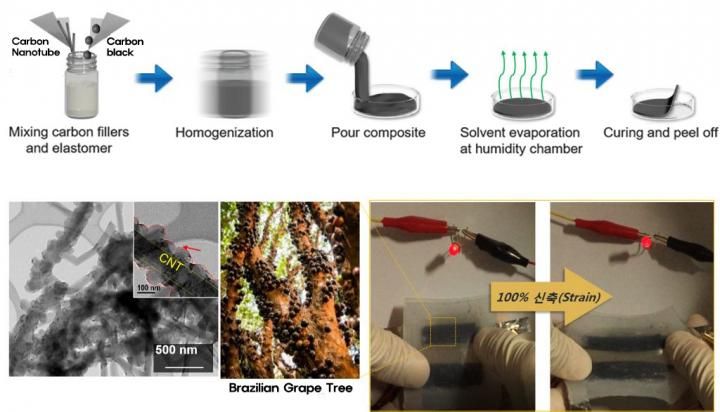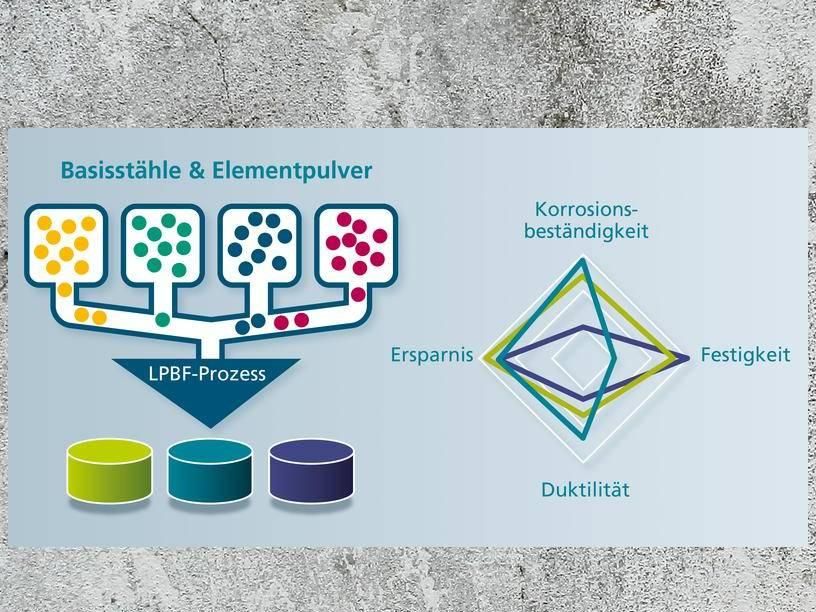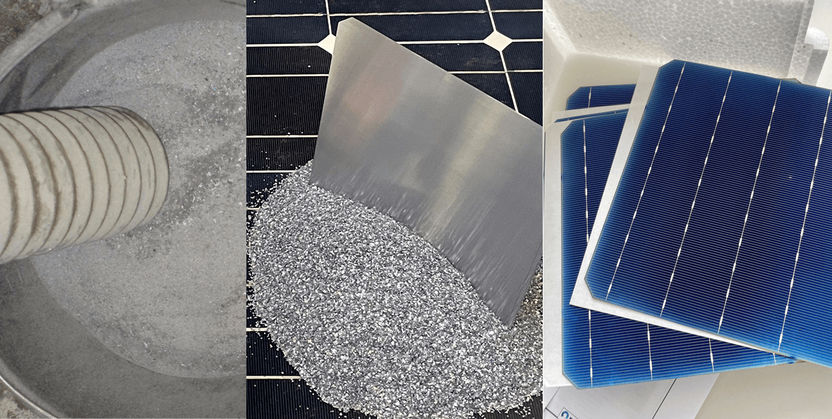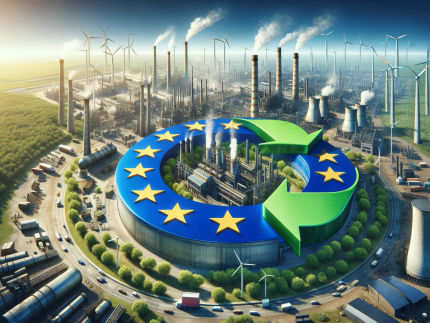Carl Zeiss Foundation donates EUR 850,000 to the Advanced Lab for Electrochemistry and Electroorganic Synthesis
Research structure concept of ELYSION enhances the relevance in the fields of electroconversion and electroactive materials
Over the next four years, the Carl Zeiss Foundation will be providing support in the form of EUR 850,000 to the Advanced Lab for electrochemistry and Electroorganic synthesis (ELYSION at Johannes Gutenberg University Mainz (JGU). The use of electricity as a catalyst in chemical reactions is one of the most sustainable methods of synthesizing materials and chemical compounds. The accompanying development of electrolytic conversion techniques and new types of electrodes will make it possible to overcome the existing frontiers of this future-oriented approach.
"ELYSION is a conceptional measure that is designed to shift the focus of our current activities in the field of polymer science onto electroconversion and electroactive materials," stated Professor Siegfried Waldvogel, acting director of the JGU Institute of Organic Chemistry. "The establishment of this unique screening laboratory for electrosynthesis and the evaluation of new types of electrode materials for electrolytic conversions will help address a vital need with regard to electrosynthesis. Thanks to the availability of high-performance mass spectrometry equipment directly coupled to the electrosynthesis test cells, it will be possible to significantly accelerate the screening process of electrosynthetic techniques." A central pool of equipment for electrosynthesis and the expertise by a key scientific consultant will be provided. This measure will simplify the implementation and analysis of electrochemical methods.
Organizations
Other news from the department science

Get the chemical industry in your inbox
By submitting this form you agree that LUMITOS AG will send you the newsletter(s) selected above by email. Your data will not be passed on to third parties. Your data will be stored and processed in accordance with our data protection regulations. LUMITOS may contact you by email for the purpose of advertising or market and opinion surveys. You can revoke your consent at any time without giving reasons to LUMITOS AG, Ernst-Augustin-Str. 2, 12489 Berlin, Germany or by e-mail at revoke@lumitos.com with effect for the future. In addition, each email contains a link to unsubscribe from the corresponding newsletter.
Most read news
More news from our other portals
See the theme worlds for related content
Topic world Synthesis
Chemical synthesis is at the heart of modern chemistry and enables the targeted production of molecules with specific properties. By combining starting materials in defined reaction conditions, chemists can create a wide range of compounds, from simple molecules to complex active ingredients.

Topic world Synthesis
Chemical synthesis is at the heart of modern chemistry and enables the targeted production of molecules with specific properties. By combining starting materials in defined reaction conditions, chemists can create a wide range of compounds, from simple molecules to complex active ingredients.
Last viewed contents
A. Schulman Names Todd Nichols Sales Manager for its Engineered Plastics, North America Business Unit
SABIC Europe to increase prices for PP Automotive grades
Palladium use in diesel emission control systems for cars now a reality
PPG Completes Acquisition of Dyrup

Highly stretchable aqueous batteries developed

Materials by recipe - Powder kit for more flexibility and material diversity in 3D printing
SABIC Innovative Plastics Wins 2007 National Energy Globe Award for Brine Recovery Project at Bergen op Zoom Facility
World's tiniest mirror




























































